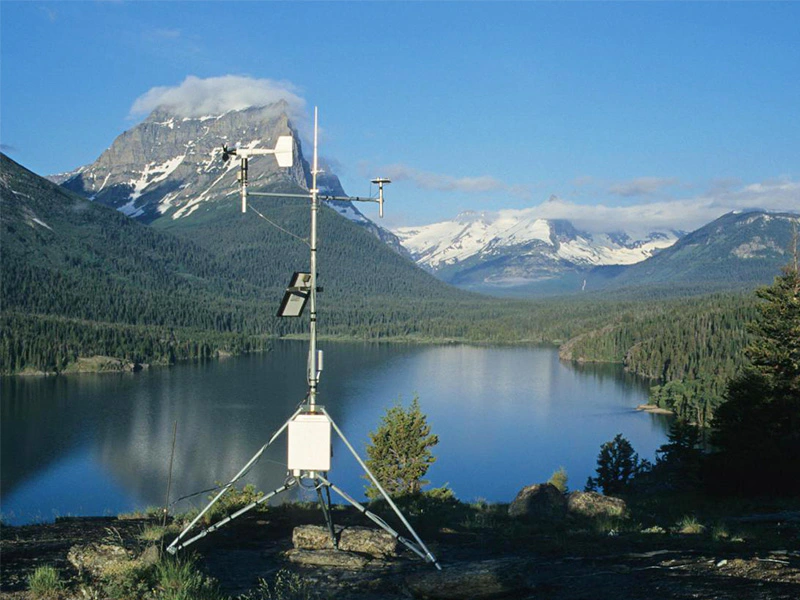What Is a Weather Station?

# What Is a Weather Station?
A weather station is a device or collection of instruments used to measure and record various atmospheric conditions. These stations can be found in various locations, from personal backyards to professional meteorological facilities, providing valuable data for weather forecasting, climate research, and everyday decision-making.
## Components of a Weather Station
Modern weather stations typically include several key instruments:
– Thermometer: Measures air temperature
– Hygrometer: Measures humidity levels
– Barometer: Measures atmospheric pressure
– Anemometer: Measures wind speed
– Wind vane: Determines wind direction
– Rain gauge: Measures precipitation amounts
Some advanced stations may also include additional sensors for measuring solar radiation, UV index, soil moisture, or leaf wetness.
## Types of Weather Stations
Weather stations come in different configurations:
### Personal Weather Stations
These are compact, affordable units designed for home use. They often transmit data wirelessly to indoor displays or smartphone apps.
### Professional Weather Stations
Used by meteorologists and researchers, these stations provide highly accurate measurements and may include more sophisticated instrumentation.
### Automated Weather Stations (AWS)
These are self-contained units that automatically collect and transmit data, often used in remote locations or for continuous monitoring.
## How Weather Stations Work
Most modern weather stations follow this basic operation:
1. Sensors collect environmental data
2. Data is processed by a central unit
3. Information is displayed locally or transmitted
4. Data may be stored for analysis or shared with networks
## Importance of Weather Stations
Weather stations serve multiple purposes:
– Providing local weather data for personal use
– Supporting agricultural decisions
– Aiding in weather forecasting
– Contributing to climate change research
– Assisting in aviation and marine operations
– Supporting emergency preparedness
## Choosing a Weather Station
When selecting a weather station, consider:
– Accuracy requirements
– Desired features and sensors
– Installation location
– Data transmission options
– Budget constraints
– Maintenance needs
Whether for professional use or personal interest, weather stations provide valuable insights into our ever-changing atmospheric conditions, helping us better understand and prepare for the weather around us.
Keyword: what is a weather station